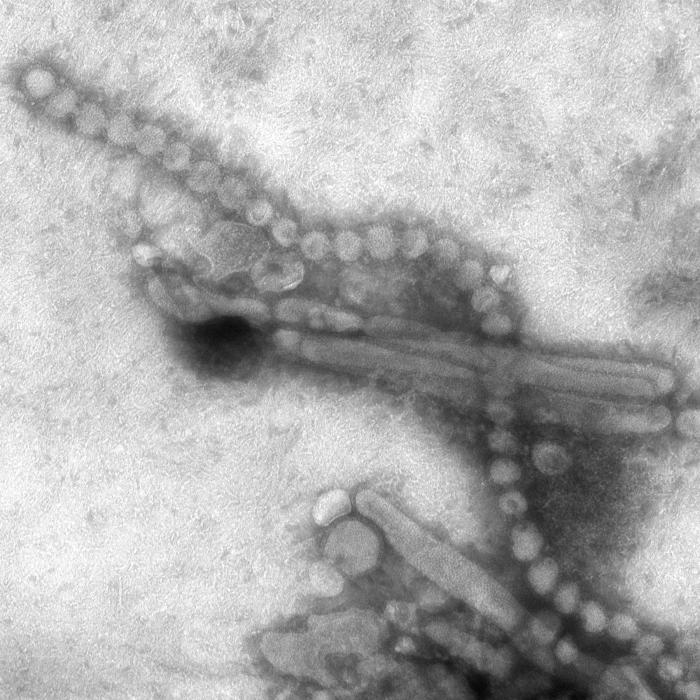The National Health and Family Planning Commission (NHFPC) in China has reported two new human cases of avian influenza A(H7N9) in Zhejiang province last month.

According to the NHFPC, the cases comprise a male poultry worker aged 53 in Jinhua with onset on September 21, and a female farmer aged 55 in Huzhou who had poultry exposure with onset on September 18. Both are now in a serious condition.
A spokesman for the Hong Kong Department of Health said, “Based on previous seasonal patterns, it is likely that the activity of avian influenza viruses might increase in winter. Heightened vigilance is warranted.”
From 2013 to date, 659 human cases of avian influenza A(H7N9) have been reported by the Mainland health authorities. In addition, 20 cases imported from China have been reported in Canada (2), Hong Kong (13), Malaysia (1) and Taiwan (4).
Avian influenza (AI) is caused by those influenza viruses that mainly affect birds and poultry, such as chickens or ducks. These AI viruses are distinct from human seasonal influenza viruses. Since the AI viruses does not commonly infect human, there is little or no immune protection against them in the human population. People mainly become infected with AI through direct contact with infected birds and poultry (live or dead), their droppings or contaminated environments.
Related:


2 thoughts on “China reports two additional H7N9 avian influenza cases in September”